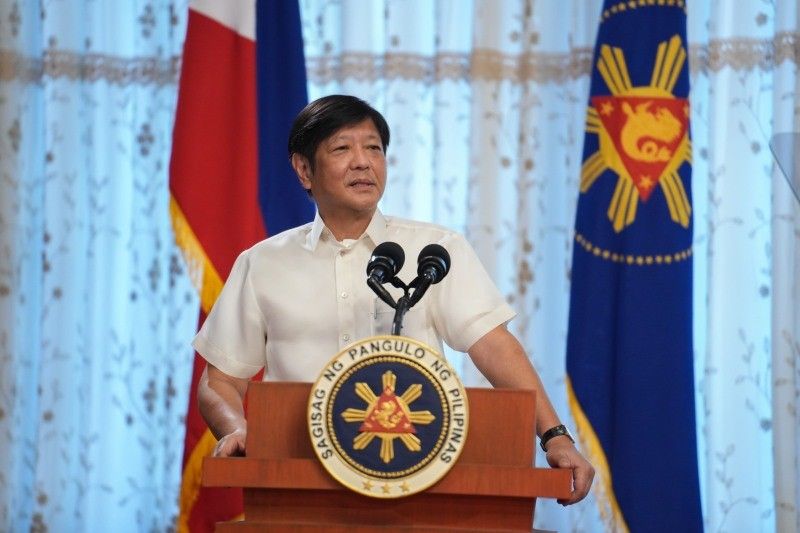Economic managers bullish on economy to maintain growth, but wary of inflation

MANILA, Philippines — Economic managers of the Marcos Jr. administration took on bullish posturing, maintaining growth targets amid persistent headwinds that could fuel inflationary pressures.
In a briefing on Monday, the Development Budget Coordination Committee maintained that the Philippine economy will grow between 6-7% in 2023. For the remainder of its term, its outlook stood at 6.5-8%. This was unchanged from the previous December meet.
Economic managers were still wary of the impacts of inflation. Their latest projection was revised higher, expecting consumer price growth to average at a quicker pace of 5-7%. This was markedly faster than 2.5-4.5% outlook in its previous meeting.
As it is, the inflation outlook was revised to reflect inflation’s current pace, which averaged 8.3% in the first three months of 2023. Inflation has shown signs of easing, but persistent supply chain bottlenecks could keep consumer price growth at undesirable levels.
The Bangko Sentral ng Pilipinas injected 425 basis points into the key policy rate to discourage consumers and businesses from taking out loans. Interest rates currently stood at 6.25%.
That said, BSP deputy governor Francisco Dakila, Jr., who was present in the briefing, reiterated that inflation was already decelerating. Even National Economic and Development Authority chief Arsenio Balisacan said that the Philippine economy still has room to grow, considering most of the growth was driven by consumption and the service sector.
“Many sectors of the economy haven’t recovered to pre-pandemic levels, so we do think there's scope for continuing to grow robustly despite external headwinds,” Balisacan said.
That optimism, despite the threat of inflation clipping economic growth, was in abundance among economic managers. The DBCC kept its fiscal outlook, maintaining the budget deficit target at 6.1% of the gross domestic product in 2023.
The budget is increasingly strained owing to limited fiscal space as a result of the Duterte administration’s borrowing spree to fund its pandemic response.
That said, the DBCC is projecting the Philippine peso will gain some ground in 2023. Economic managers expect the local unit to average P53-57 against the US dollar this year and for the remainder of the Marcos Jr. administration.
The projection hinged on faster growth from crucial cogs of the Philippine economy, which are also sources of forex activity. These are higher remittances from overseas Filipinos, tourism and business process outsourcing receipts.
Inflation a persistent headache for 2023
Sought for comment, Nicholas Antonio Mapa, senior economist at ING Bank in Manila, said inflation will be a persistent headache this year.
“Inflation remains a challenge again in 2023, with the renewed flare up in the commodity prices amid resurgent domestic demand,” he said in a Viber message.
Mapa expects inflation to stand well above target in 2023 as monetary policy, in the form of interest rate hikes, has a lagged impact on the domestic economy.
On the other hand, Domini Velasquez, chief economist at China Banking Corp., said the growth target is achievable.
“There is still some pent-up momentum in Q1 but we expect it to dissipate in the next quarters,” she said in a Viber message.
China Bank forecast GDP to hit 5.8% in 2023, a tad lower than the current projections of economic managers.
Despite this, Velasquez pegged inflation to average 5.8%, then slow to around 3% in 2024.
“Efforts to stem increases in food prices and address supply urgently needs to be urgently addressed as it disproportionately hurts the poor (i.e. the poor has higher share of food in their inflation baskets,” she said.
“After three years of elevated inflation, more should be done to ensure that pressures within the government’s control should be nipped in the bud,” Velasquez added.
- Latest
- Trending































